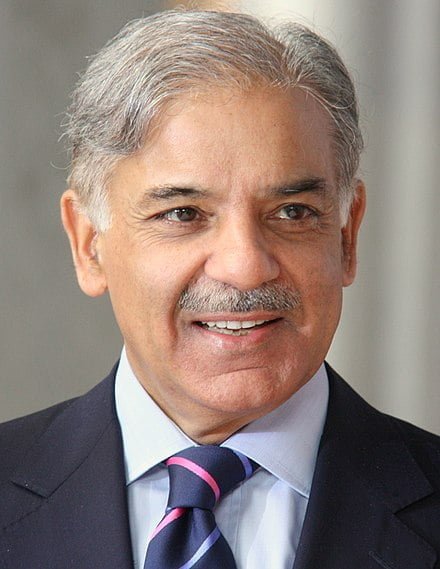IMF Grants $3 Billion Loan to Pakistan: A Cause for Celebration or Concern?
Explore the implications of the recent IMF decision to grant a $3 billion loan to Pakistan. While some Pakistanis celebrate the potential economic boost, there are concerns regarding the country’s mounting external debt, high debt-servicing costs, and strict conditions attached to the loan. Delve into the parallels drawn with historical events and contemplate the long-term sustainability of relying heavily on foreign loans. Read more to understand the potential impact on the Pakistani economy and its people.Continue Reading
